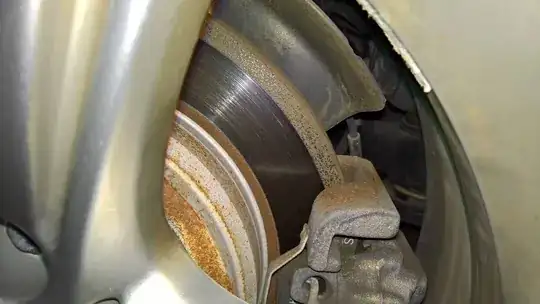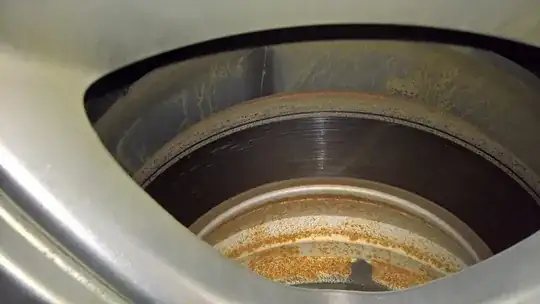I'm having my car inspected (VT); its a 2014 BMW 328xi. The dealer is inspecting it and said there is a "heavy amount of rust on the inside of the rear brake rotors," and that they would have to turn them to pass inspection. The car brakes fine, there's no unusual noise or vibration or anything. This seems a bit suspicious to me; I've never had a car not pass inspection due to rust on the rotors, and the car isn't even that old. Does this seem legitimate, or are they trying to get some extra money out of me?
I had a chance to talk to the dealer; there's no pitting or anything else wrong with the rotor, and the brake pads themselves are fine, just what they are claiming is "excessive" rust. They said 2 hours labor, ~$200 to turn them.
Resolution: Took it to a mechanic I trust, and it passed inspection fine. Said there was rust, but nothing where the brake pad actually hits, and no pits / grooves to worry about.

